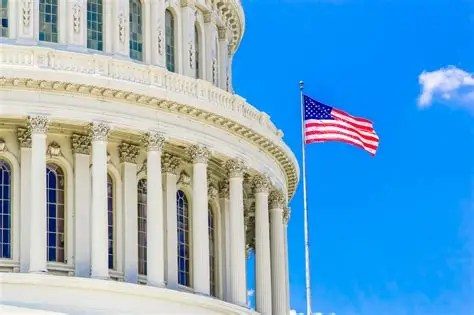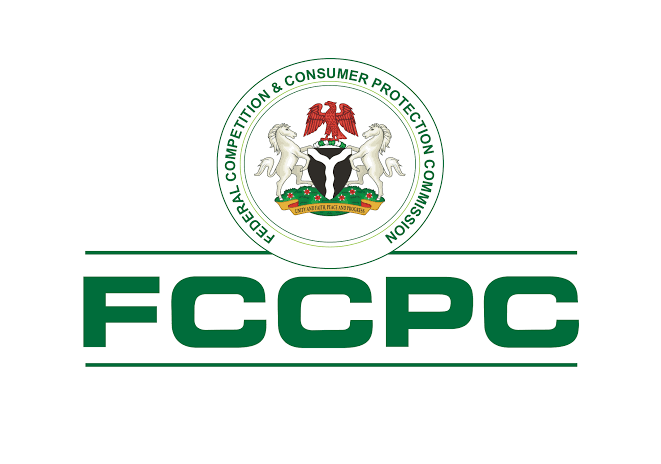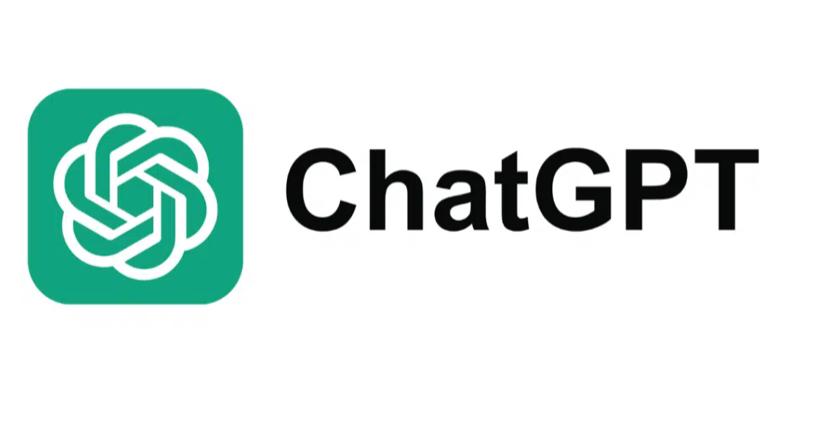By Ololade R. Atobajaye
Over time, Nigeria’s basic education sector has trudged along under the weight of outdated systems, bureaucratic bottlenecks, and a disconnect between policy and actual impact. The stories were familiar: matching grants that couldn’t be accessed, classrooms without learning materials, and millions of out-of-school children, underserved by the system. But all of that is changing, quietly but powerfully, through reforms led by the Universal Basic Education Commission (UBEC) under the current administration of its Executive Secretary, Dr. Aisha Garba.
This transformation isn’t built on rhetoric. It’s built on results.
For the past 20 years, states across Nigeria struggled to access matching grants due to rigid, bureaucratic conditions that turned resources meant to catalyse development into funds trapped in administrative limbo. Those unutilised funds turned into unbuilt schools, unfurnished classrooms, unpaid teachers, and ultimately, untaught children. It was two decades of missed potential, of progress stalled by process.
But then came the reforms in UBEC under the leadership of Dr. Aisha Garba.
By stripping down and overhauling these long-standing barriers, UBEC has breathed new life into the basic education framework. The Commission has removed the friction in the system, introducing mechanisms that are not only efficient but also transparent. This isn’t just a policy tweak. It is a structural reset, and the ripple effect is visible across the country.
Today, over 3 million children have already been directly impacted by these changes. Schools that once lacked the bare minimum now have interactive smart boards. A total of 740 of them have been deployed. Girls in alternative high schools now have access to 250 desktop computers, a deliberate step toward inclusion. Children with special needs are not left behind either, with 140 talking computers provided to bridge accessibility gaps. Over 420,000 library materials have been distributed, and more than 158,000 Nigerian History books have found their way into classrooms, putting context and identity back into learning.
Since Dr. Aisha Garba assumed office, UBEC has also distributed over six million primary school textbooks across the country. This milestone represents more than just scale. It signifies a renewed effort to restore quality to early education and ensure that no child is left behind because of a lack of basic learning resources.
What’s more telling is the rate of fund utilisation. Under Dr. Aisha Garba, fund utilisation has now exceeded 60 percent. That’s a leap from years of stagnation when barely half of the available funds were put to use. The reforms have turned resources into results.
But beyond these statistics lies a deeper story. One of access, inclusion, and restored public confidence. We are witnessing increased enrolment rates in places once plagued by empty classrooms. Communities that had written off education as a lost cause are seeing their children return to school, some for the first time. And even where numbers don’t yet tell the whole story, the shift in attitude is undeniable. Teachers are more equipped. Parents are more engaged. The system is learning how to work again.
This is reform with intentionality. This is execution with empathy.
Yet, the most commendable part of this transformation is that UBEC isn’t resting on its early wins. The leadership understands that foundational change must be sustained, scaled, and supported across levels. That’s where strategic programmes like HOPE-EDU come into play.
The HOPE-EDU programme, a 552 million dollar basic education initiative co-financed by the World Bank and the Global Partnership for Education (GPE), represents a bold leap toward addressing the structural gaps in Nigeria’s basic education. UBEC Executive Secretary, Dr. Aisha Garba, stated that the initiative has a target reach of 29 million children, 500,000 teachers, 65,000 public schools, and 10,000 non-formal learning centres. The programme embodies both ambition and pragmatism.
UBEC, as the national implementing agency, is providing technical guidance and support to state governments to ensure this programme doesn’t become another well-intentioned policy lost in translation. What makes HOPE-EDU stand out is its clear alignment with real-time needs. Learning outcomes, equitable access, and systems strengthening. It acknowledges that solving Nigeria’s education crisis isn’t just about building more schools. It’s about building better systems to support learning in all its forms.
The initiative also speaks to the Commission’s wider focus on evidence-based governance. Data is being used not just to diagnose the problems, but to tailor solutions in a way that is measurable and scalable. Whether it’s deploying digital tools in underserved regions or distributing culturally relevant textbooks, the goal remains the same: to raise the floor for every learner and make quality basic education non-negotiable.
In a country where 10.5 million children were once estimated to be out of school, these reforms are nothing short of urgent. But more than urgency, they require consistency, and that’s what the current UBEC administration is delivering.
By intentionally focusing on foundational learning, Dr. Aisha Garba and her team are reinforcing a truth we too often overlook. There is no tertiary without primary. A solid education system is built from the ground up. The quality of our universities, our workforce, even our governance, rests heavily on how well we teach our children to read, write, think, and question in their earliest years.
Nigeria’s education woes did not begin overnight, and they will not be resolved overnight. But when a system begins to correct itself, when it learns to be transparent, responsive, and efficient, then real transformation becomes achievable.
And these reforms are not just fixing broken parts. They’re reimagining what basic education can be in this country. They are showing that the Nigerian government can work, that policy can reach people, and that with the right leadership, Nigeria’s education story can change.
But this momentum must be protected.
State governments, local communities, school administrators, and even parents must align with this vision. Because while UBEC can lead from the centre, sustainable change depends on how far states are willing to go to implement these reforms at the grassroots, getting to those who truly need it. The flexibility now built into the system gives them the opportunity and the responsibility to act.
At its core, the transformation of basic education is not just about numbers. It’s about the girl who now has a computer to learn from. It’s about the child with special needs who can finally interact with lessons in a way that speaks to them. It’s about removing our children from the streets. It’s about drastically reducing the outrageous number of out-of-school children. It’s about the teacher who no longer feels like they’re fighting the system to do their job. And it’s about the millions of children who will walk into school tomorrow because yesterday, someone changed the rules.
This is not just reform. It’s a declaration that every Nigerian child deserves a fair start in life, and that government has the will and capacity to deliver it.
If this is what Nigeria has been able to accomplish so far, then one can only imagine what’s still possible with the right people at the helm of affairs.
And like UBEC rightly put it, we are only just getting started.
•Atobajaye is a writer and education enthusiast who writes from Lagos, Nigeria.
The post Why Reforms Matter: How UBEC is Unlocking New Frontiers for Basic Education appeared first on THISDAYLIVE.




